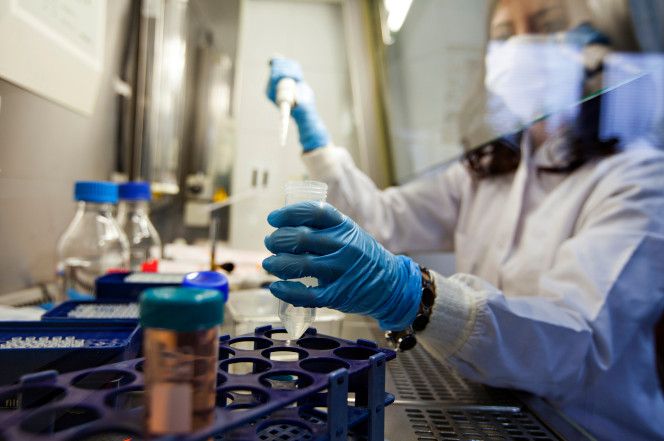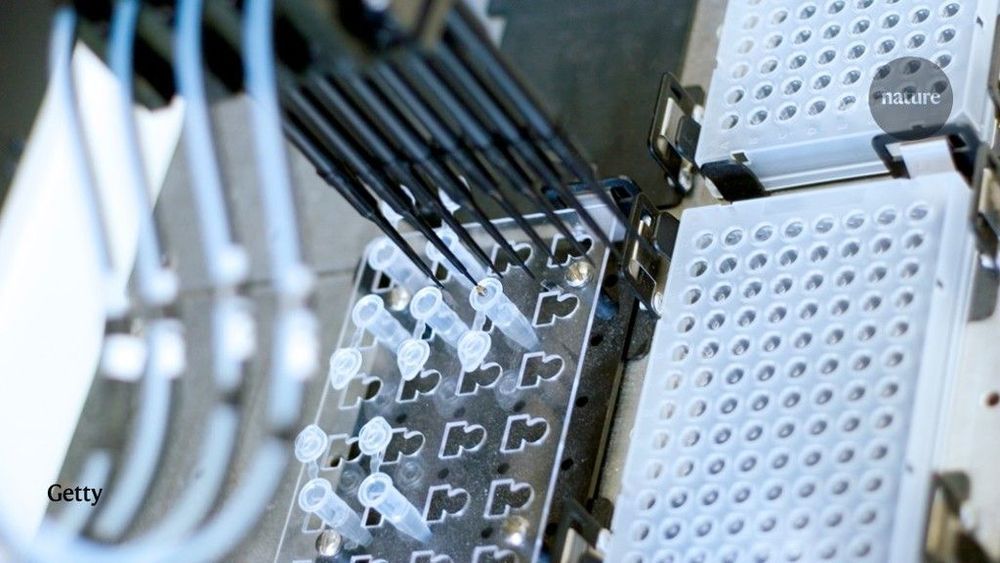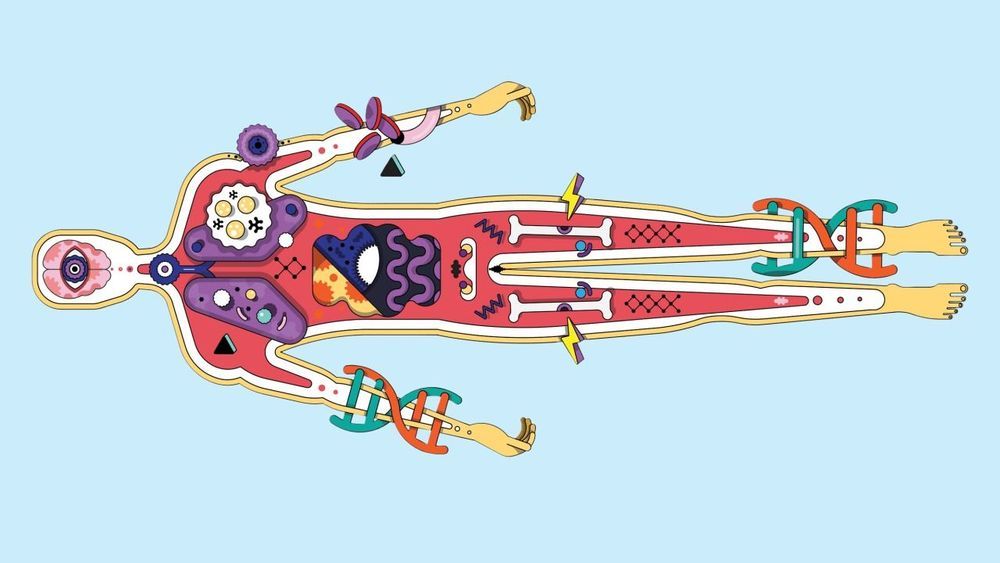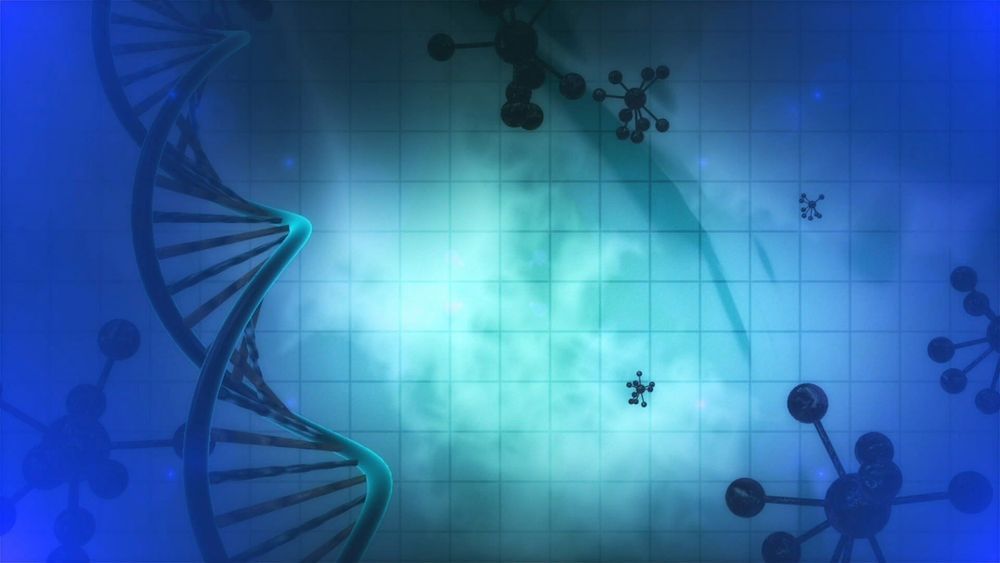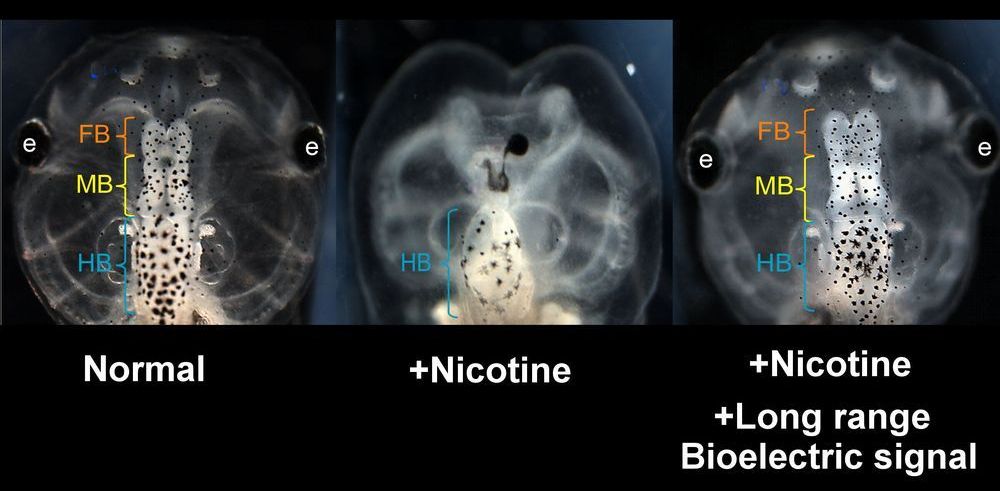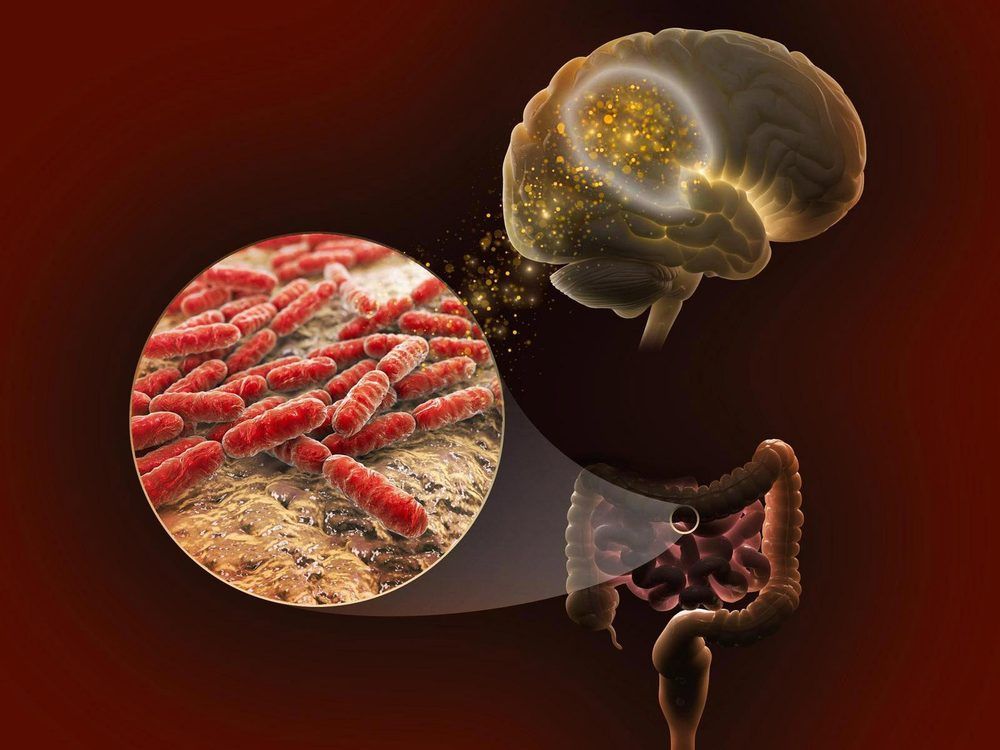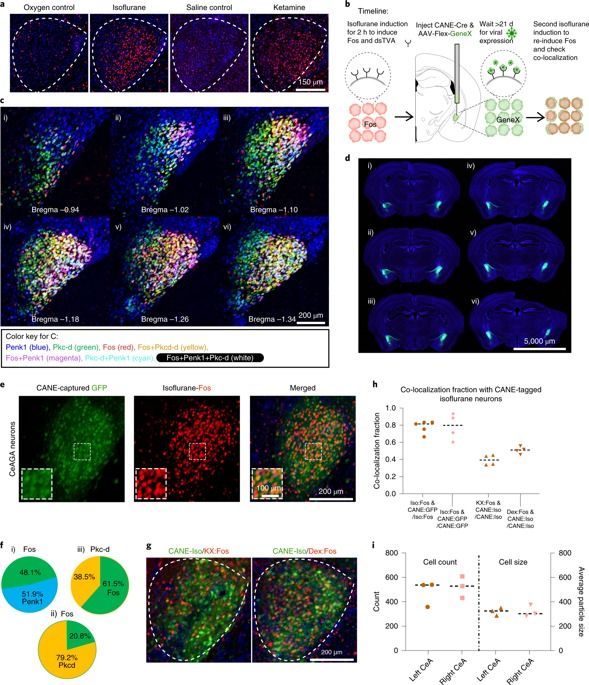May 29, 2020
BRIAN KENNEDY — Reversing Human Aging (#0004)
Posted by Montie Adkins in categories: biotech/medical, genetics, life extension, robotics/AI
Sirtuins, telomeres, A.I. experiment with vitamin A and personalized medicine, a bit of everything here.
https://facebook.com/LongevityFB https://instagram.com/longevityyy
Tweets by Longevityyyyy
https://linkedin.com/company/longevityy
Continue reading “BRIAN KENNEDY — Reversing Human Aging (#0004)” »

